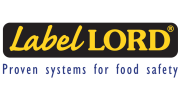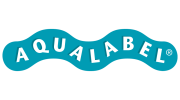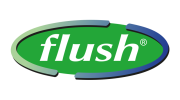Allergen legislation: potential opportunity or threat?
Did you know that a large proportion of people with a food allergy are afraid to eat out? It is becoming increasingly important to comply with allergen legislation as a growing number of guests and consumers are diagnosed 'allergic'. This results in specific dietary restrictions. So, although it is legally required to provide allergen information, this development offers commercial opportunities for entrepreneurs within the catering and hospitality industry.
We asked Marjan van Ravenhorst, specialist and advisor in the field of allergen legislation in the Netherlands, about the ‘how and why’ of allergen information: “By showing people that the food you serve is not only tasty but also 100% safe to eat, you will reach a very loyal target group. Also, at the same time you comply with the law, so it doesn’t get any better than that. Fortunately, more and more hospitality entrepreneurs are starting to realize this”.
What should you do to comply with legislation?
"To comply with the law on allergen information, make sure you know exactly what ingredients you use and what is in those ingredients. It is important to keep this information up-to-date. Register all ingredients in a dish to make sure the allergy information provided is correct at all times. It allows you to indicate exactly which allergens each dish contains. Next, you should consider whether you want to inform the guest verbally or in writing; both are indeed allowed".
How do you make this commercially interesting?
"For that, you'll need to take a few more steps. First, it is important to prevent ingredients from getting mixed up or being impulsively changed, to be 100% sure that the allergen information is correct. For both service and kitchen staff this means that allergens must be clearly demonstrated and at least the basic knowledge about food allergy has to be established. It’s important to determine a clear procedure when your guest reports an allergy. And of course, it is extremely important to prevent cross contamination. In the suspicion that a dish has been in contact with a certain allergen, do not take any risk and re-make the whole dish. When all of this is in order, you can communicate people who have allergies that they can have a nice meal at your establishment, without having to worry. And, once they know this they are very likely to come back”.
Which tools would you recommend?
"Allergen coding, as in literally labelling your products, is an important means to prevent ingredients from getting mixed up and also, to communicate allergens in a clear way. Indicating allergens can be done on a menu, a shelf, counter, et cetera. Or even on a chalkboard menu to indicate it in an attractive and professional way”.




